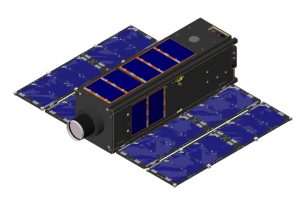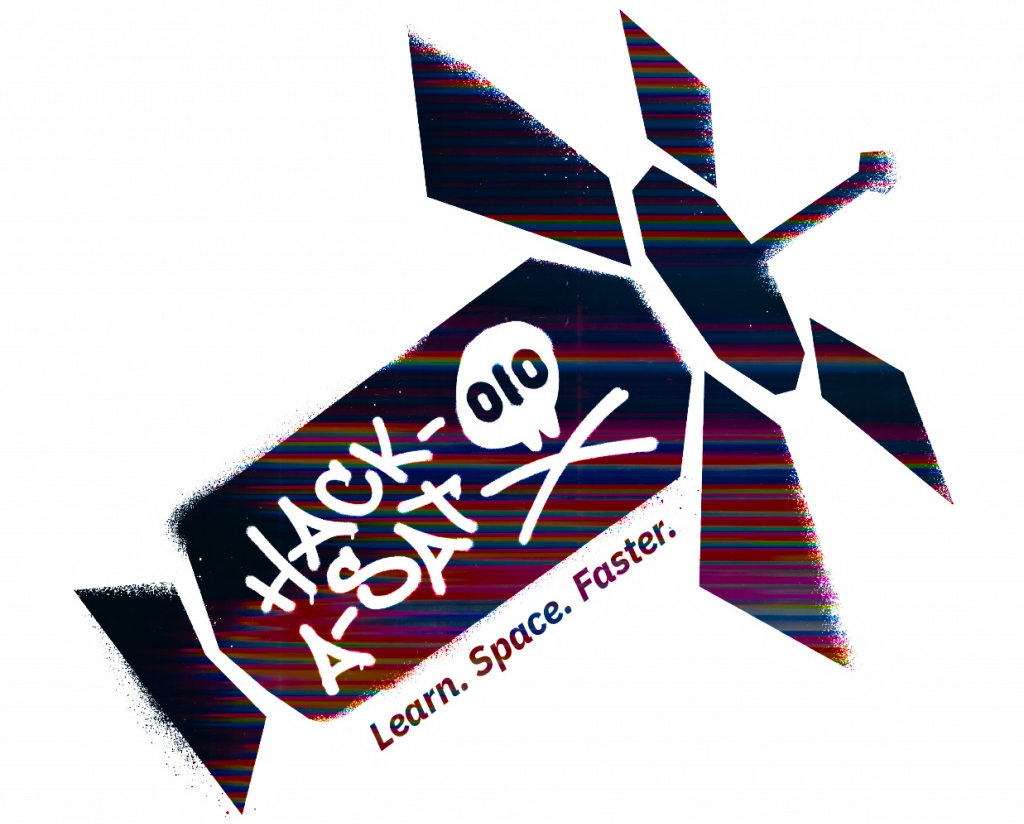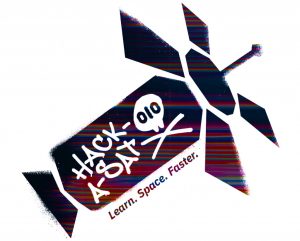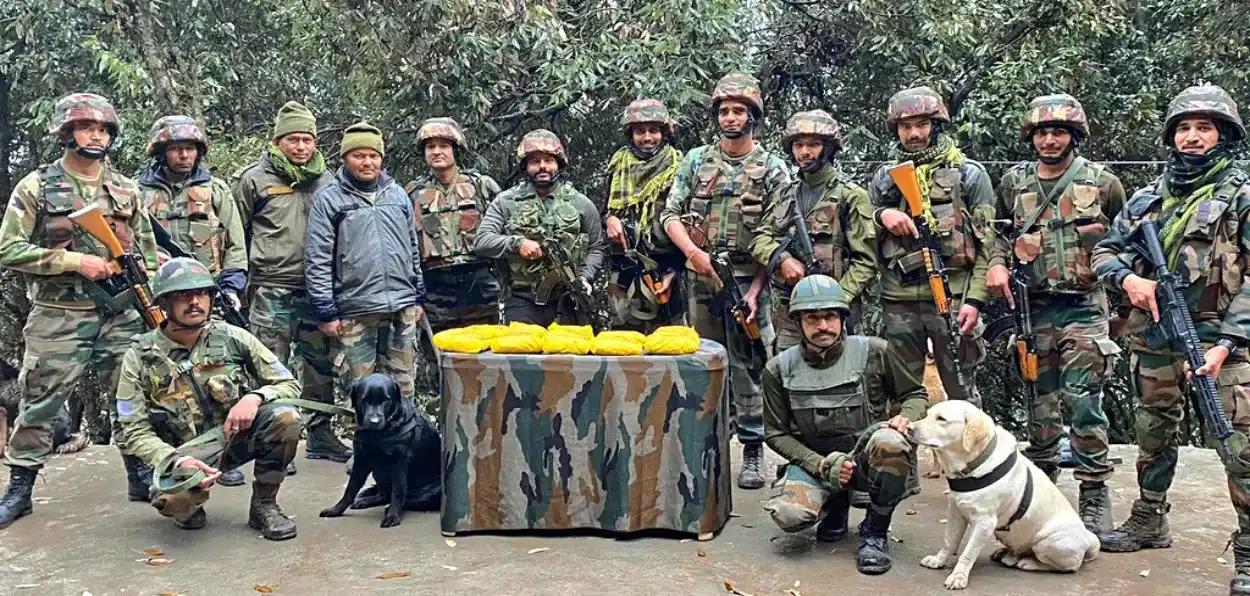In-orbit satellite Moonlighter features in Hack-A-Sat 4 security challenge
The annual event, which is run by the U.S. Air Force Research Laboratory (AFRL), is offering the winner a cash prize of $50,000.
Hack-A-Sat, now in its fourth iteration, is described as an opportunity for hackers, researchers and space enthusiasts to focus their thinking on solving space systems cyber security challenges.
“What we are trying to do is build trust, and doing it in a way that is cool and attracts the best talent to work on real-world cyber security issues for space security,” said Steve Colenzo, a computer scientist at the AFRL Information Directorate.
“This type of competitive environment brings together the hacker and research communities to take on challenges we are facing with future capabilities in space and provide critical data and information for building out more resilient capabilities for our warfighters.”
Format
Specifically, registration was opened for the virtual qualification round of the competition, running over the weekend. The teams will have competed in a jeopardy-style format, earning points based on speed and accuracy
The top five teams from the qualification event will advance to the Hack-A-Sat 4 finals in the Aerospace Village at DEF CON 31, an annual hacker’s convention in Las Vegas, running 11-13 August 2023.
Teams will then compete in an attack/defend style capture-the-flag competition that incorporates communication with an actual in-orbit satellite named Moonlighter.
The top three ranked teams at the final event will receive $50,000 for first place, $30,000 for second place and $20,000 for third place.
Moonlighter
 The Moonlighter satellite, right, was designed to advance security researcher knowledge and skills in securing space systems. It is scheduled to launch in early summer 2023 ready for the Hack-A-Sat finals.
The Moonlighter satellite, right, was designed to advance security researcher knowledge and skills in securing space systems. It is scheduled to launch in early summer 2023 ready for the Hack-A-Sat finals.
“Moonlighter is an excellent example of industry-government collaboration and a major step forward in our quest to advance space cybersecurity,” said Col. Kenny Decker, division chief, Integration and Futures Directorate at the U.S. Space Force. “It is purpose-built to provide security researchers access and opportunities like Hack-A-Sat to gain experience with…



